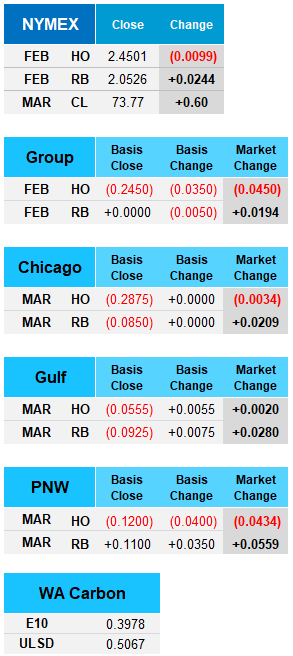China's Economy: China's manufacturing activity unexpectedly shrank in January, with the official PMI dropping to 49.1, its weakest since August, raising concerns about the economy's momentum despite meeting its 2024 growth target of 5%. The economy has leaned heavily on exports, helped by a weak yuan and falling factory prices, but weak domestic demand and high unemployment remain big challenges. While policymakers have promised more stimulus, much of it is focused on industries and infrastructure, which could deepen factory overcapacity and hold back consumer spending. Efforts like subsidies for consumer goods and support for the property sector aim to boost demand, but trade tensions and tariff threats add extra pressure.
Ceasefire Update: Tens of thousands of Palestinians returned to northern Gaza on Monday after months of displacement, following a ceasefire agreement under which Hamas agreed to release three Israeli hostages. Many expressed relief at returning but faced devastation, with much of Gaza in ruins and urgent needs for shelter and supplies. While families celebrated, the fragile ceasefire was underscored by ongoing tensions, including reports of casualties and uncertainty over the fate of hostages.
Coffeyville Refinery: CVR Energy has begun its planned turnaround maintenance at its Coffeyville refinery in Kansas after freezing conditions and a fire caused damage to its naphtha hydrotreater. The company plans to share updates on the maintenance during its fourth-quarter earnings call. The refinery, located near Cushing, Oklahoma, primarily produces gasoline, diesel, and other refined products for the central Midcontinent region.
Market Overview: Oil prices are up slightly Tuesday morning but remained near recent lows, pressured by weak economic data from China and reduced heating fuel demand due to warmer weather in the U.S. Supply concerns offered some support as protests in Libya disrupted oil loading at key ports, threatening significant export volumes. However, uncertainty around China's demand outlook and the impact of new sanctions on Russian oil trade continues to weigh on the market.

Russian refineries are increasing crude processing to boost fuel exports amid new U.S. sanctions that complicate crude oil exports, particularly to India and China. Refining runs rose 2% in mid-January compared to earlier in the month, as Russia focuses on finding new fuel markets in Africa and Latin America while utilizing shipping options allowed under G7 price caps. Although sanctions limit vessel availability for crude, refined products like diesel—trading below the cap of $100 per barrel—offer more export flexibility and profit potential. Challenges such as Ukrainian drone attacks and economic pressures complicate refinery operations, but Russia remains one of the largest seaborne diesel exporters, aiming to sustain revenues despite Western restrictions.

Oil prices showed mixed results on Tuesday after extending losses earlier in the session. WTI futures ended the day up $0.60, or 0.82%, at $73.77 per barrel, while heating oil was the only red number, finishing down $0.0099 at $2.4501. Concerns about potential disruptions to Libyan oil exports eased after the country’s National Oil Corp confirmed normal operations despite earlier protests at major ports. Weak demand expectations weighed on prices, driven by China’s unexpected contraction in January manufacturing activity and ongoing U.S. sanctions on Russian oil trade. Analysts remain cautious as geopolitical risks, economic data, and policy changes continue to create uncertainty in the market.

